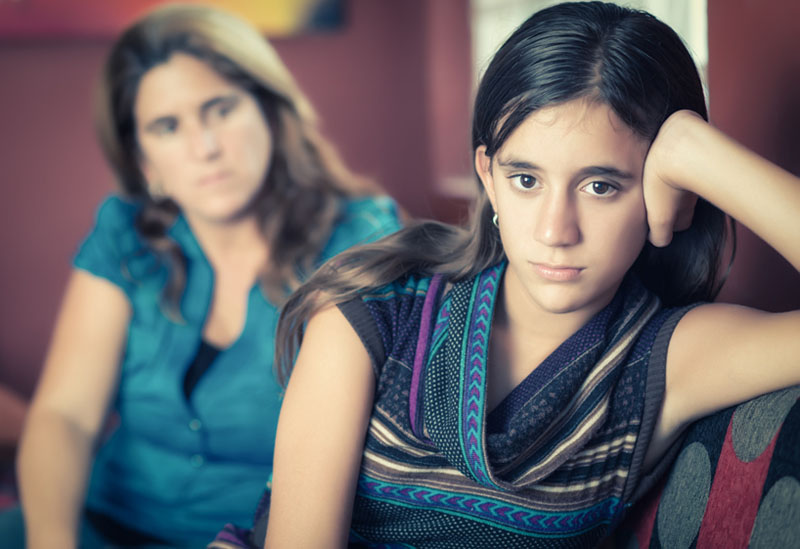-
28 October 2015
-
0 comments

It’s that age and stage at which we all lose control of things a bit.
When your child starts making strange decisions and overreacting to tiny things, remember: don’t take it personally, and don’t you overreact in return. In the big picture, these speed-bumps will be forgotten soon enough.
Puberty varies between boys and girls, and for every individual, but in general when their academics starts to suffer during puberty, rather than focusing on content, students need to focus first on themselves: self-confidence, self-control, self-motivation, self-believe, self-direction…
Many parents don’t realise what’s happening at first…
You told them to get dressed, clear their school stuff off the table and make lunch; 5 minutes later you return and they haven’t moved. What happened to my lovely, helpful cherub? Or you ask them how they are, and instead of and answer, you get your head bitten off. What happened to my lovely, easy-going little munchkin?
So when you do eventually realise that ‘change is upon them’, what can you do to ease their journey?
Remember what it was like
At ELC we deal perpetually with pubescence. But for parents it can arrive as a shock and a very distant memory. Puberty forms some of our strongest memories, but much of it becomes shrouded in the fog of time as we age.
I was taken back there most recently by a conversation with a bright student who was visibly ‘on another planet’, staring into space, unreachable. I offered for him to get things off his chest, away from other students. Listening to him fixate on the minutia of his break-up and the two weeks since, I could recall how overpowering and all-encompassing these thoughts can be to a puberty-addled brain, in a person to whom everything is new, with no experience of the bigger picture to come. None of the perspective and hindsight we now take fro granted.
As clear-thinking, experienced adults looking at the situation externally, the best choices, the sensible decisions, and the worthwhile goals all seem obvious. It can be incomprehensible and maddening to watch, but to empathise and connect and help, we have to keep in mind what it felt like to not be able to control what our brain was doing at that age.
Update: That student is now finishing Year 11. He’s taller than me. Gone are the days (mostly) of hazy-eyed stares. And he can once again concentrate and retain information. It’s like working with a different person.
What about school?
Puberty coincides with high school, compounding the difficulty. The education system ploughs steadily ahead even though sooner or later the brain of each and every teenager is going to decide to suddenly take time-out. The brain needs time to chemically readjust before it can return to a productive learning mode.
A linear school system doesn’t make much allowance for this. Our preferred strategy, of course, is early extended learning. By getting ahead with school content, after students’ brains have taken the necessary time and can return to normal duty, they haven’t missed anything critical and aren’t panicked, struggling to catch up.
The least effective period for traditional tutoring is during puberty; students become frustrated as their brain struggles to absorb, process, retain or recall academic content. During this stage, we remind them to “just hang on by their fingernails”. Eat well. Sleep well. Do their best to keep up. And keep in mind that this period will pass.
What can you do?
Puberty catches many students unaware, and parents sometimes too. Once you have realised though, it’s helpful to inform/remind your child that this is normal. Things will go haywire for a while but they will come out the other end.
We (you and us) can be there for them to keep convincing them that they are ok and that they still have the power to make good choices. We can be their consistency in their rapidly changing world. We can invite them to try again when they might suddenly realise that they have lost sight of their goals and find themselves far off track.
One day you’ll notice that you have a brand new young woman or man standing in front of you. Looking back, you’ll each find it hard to recognise the teenager that they emerged from.
***
We especially like how Andrew Fuller sets it out:
Call us to discuss how we can help guide your teen through their schooling: 5478 1172
Share Social




















